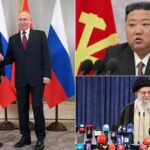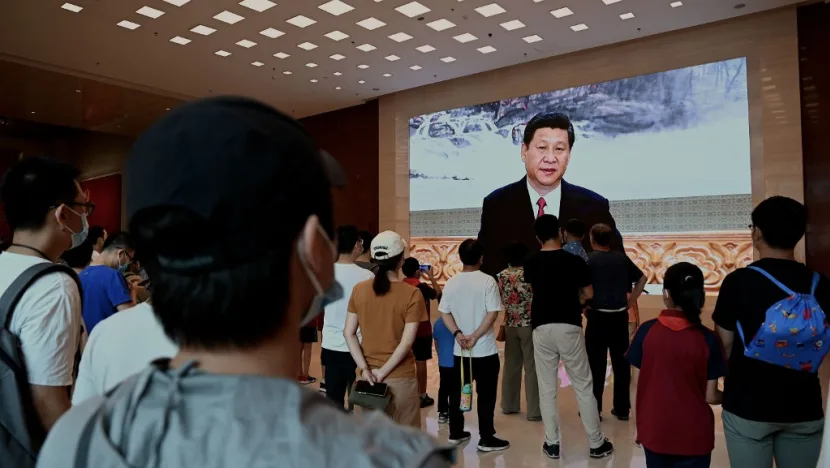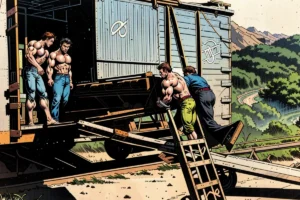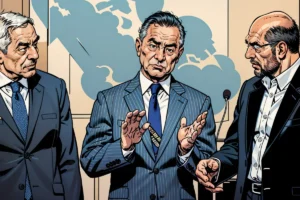All eyes will be on the five-yearly Communist Party congress at Beijing’s Great Hall of the People starting this Sunday (Oct 16), where President Xi Jinping is likely to secure a historic third term as China’s top leader.
In 2018, the national legislature made a constitutional amendment to scrap the presidential term limit, enabling Mr Xi to stay in power beyond 2023.
His political theories dubbed “Xi Jinping Thought” were also enshrined in the party constitution, cementing his name in the pantheon of party legends Mao Zedong and Deng Xiaoping.
“Xi is a leader with a sense of mission, a historic mission in fact,” said Dr Ngeow Chow Bing, director of the Institute of China Studies at Universiti Malaya (UM).
The Communist Party’s resolution on the major achievements and historical experience in the past century, issued in November last year, clearly spelled out Mr Xi’s place in the historiography, he said.
“Xi is presiding over the ‘fourth’ era of the CCP and the ‘third’ era of the PRC. In this way, both Hu and Jiang are relegated to ‘secondary’ leaders during Deng’s era while Xi is on par with Mao and Deng as ‘era beginners’.
“He probably – or definitely – felt that he needed more than 10 years as an ‘era beginner.’”
Since inheriting the leadership of the world’s second-largest economy from Mr Hu Jintao, Mr Xi has positioned Beijing as a dominant leader on the global stage.
He proposed the Belt and Road Initiative, pushed for China’s rapid expansion in the South China Sea and hosted the 2022 Winter Olympics. Beijing’s aggressiveness in pushing for influence even earned it the tag of “wolf-warrior diplomacy”, an assertive style adopted by Chinese diplomats.
Domestically, Mr Xi popularised the inspirational slogan of the China Dream, celebrated the 100th anniversary of the Communist Party, cracked down on dissent in Hong Kong and vowed to pursue reunification with Taiwan.
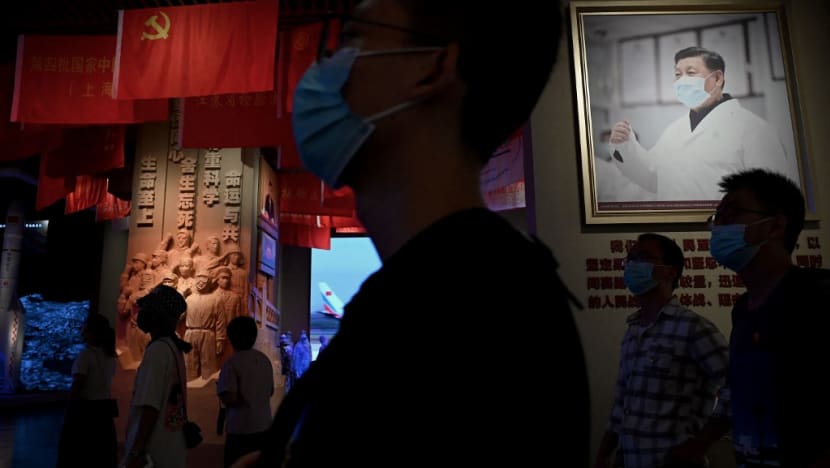
WHAT EXACTLY IS THE CHINA DREAM?
The concept of China Dream is vague and open-ended yet comprehensive, despite the propaganda blitz.
At “The Road Toward Renewal” exhibition in Beijing on Nov 29, 2012, Mr Xi, as the newly minted Communist Party’s general secretary, said that “realising the great renewal of the Chinese nation is the greatest dream for the Chinese nation in modern history”.
In his keynote address at the congress of the country’s top legislature on Mar 17, 2013 – three days after he was coronated Chinese president – Mr Xi said: “The Chinese dream, after all, is the dream of the people. We must realise it by closely depending on the people. We must incessantly bring benefits to the people.”
His “Two Centenary Goals” offered some quantitative clues to what his China Dream is.
First, China should build a moderately well-off society by 2021, and next, become a modern socialist country in all respects by 2049.
With titles such as “chairman of everything”, “helmsman”, “core leader” and “people’s leader” bestowed upon him, what can the world expect from the 69-year-old as he begins his extended rule?





